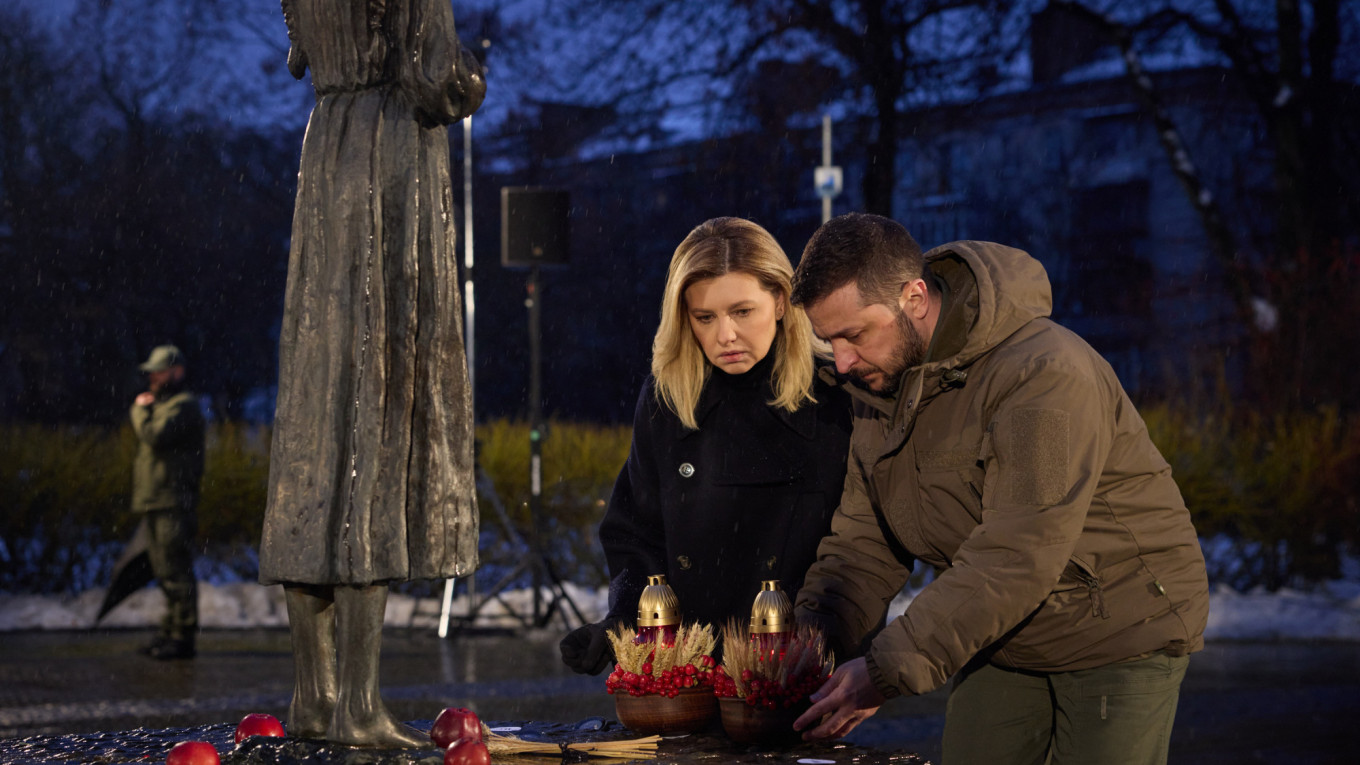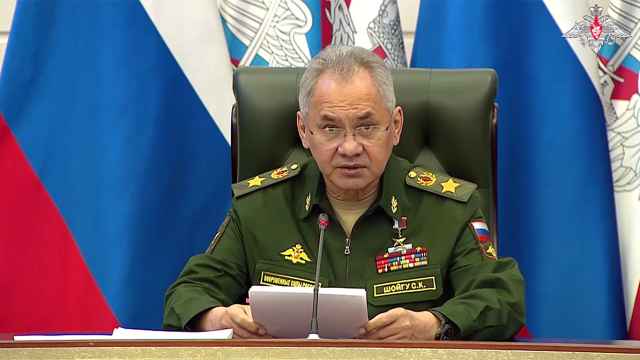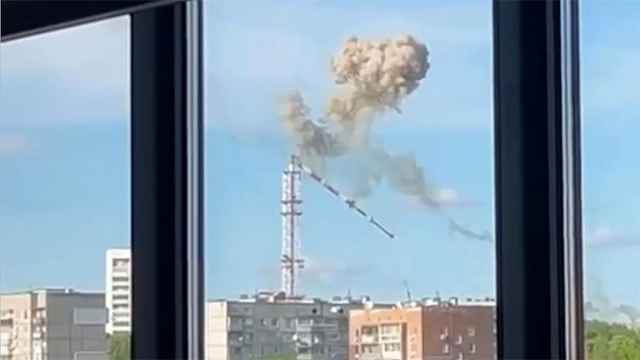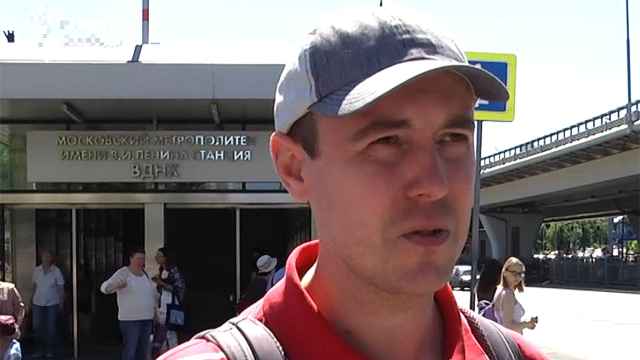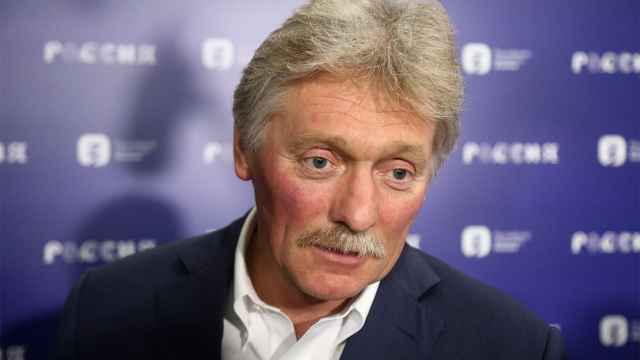Ninety years ago, millions perished in Ukraine in a manmade famine under Joseph Stalin that many in the country call genocide. For Ganna Pertchuk, the current Russian invasion is a case of history repeating itself.
At the tall candle-shaped Holodomor (Ukrainian for death by starvation) memorial center in central Kyiv, a dozen Orthodox priests in black and silver robes gathered Saturday for a religious ceremony for the victims of the famine.
The event was held outdoors despite sub-zero temperatures.
Before starting the ceremony, Archbishop Filaret, 93, laid a wreath of red carnations at the monument with a statue of an emaciated girl clutching some stalks of wheat against her chest.
"We pray for those who perished in the famine," he said.
"The Holodomor was not a result of a bad harvest but the targeted extermination of the Ukrainian people," he said.
"What happened in the 1930s was genocide and what is happening now is also genocide," said Pertchuk, a pensioner, who attended the ceremony
"The parallels are very clear."
Ukraine is known as the breadbasket of Europe for its abundant wheat crops, a product of its rich, black soil. But under Soviet rule it lost between 4 and 8 million citizens during the 1932-1933 famine. Some researchers put the figure even higher.
While some historians argue the famine was planned and exacerbated by Stalin to quash an independence movement, others suggest it was a result of rapid Soviet industrialization and the collectivization of agriculture.
Ukraine officially considers it a "genocide" along with a number of Western countries, a label that Moscow vehemently rejects.
'Victory of Good over Evil'
Pertchuk, like many Ukrainians has heard horror stories from family members.
Her mother-in-law, remembered as a young girl hiding with her family in a village near Kyiv so "that she wasn't eaten up," Pertchuk said, speaking of a famine that fueled rare cases of cannibalism.
"Imagine the horror," said the 61-year-old former nurse, with tears in her eyes.
She said she was "praying for our victory which will be a victory of Good over Evil."
"It was an artificial genocidal famine...," priest Oleksandr Shmurygin, 38, told AFP. "Now when we experience this massive unprovoked war of Russia against Ukraine, we see history repeating itself."
Among those gathered to commemorate the victims of the famine was lawyer Andryi Savchuk, who spoke of its "irreparable" loss for Ukraine.
"Stalin's system, the repressive state, wanted to destroy Ukraine as a nation," he said. "Today we see that the efforts made by Stalin are continued by [President Vladimir] Putin.
"At that time, they wanted to exterminate Ukrainians through famine," he added.
"Today, they are exterminating us with heavy weapons," and bombing energy installations to deprive citizens of electricity, heating and water just as the punishing winter sets in.
But just as Ukrainians hold on in the 1930s, so they would against Moscow today, said Savchuk.
"We have an unyielding will and confidence. And the whole world is with us."
A Message from The Moscow Times:
Dear readers,
We are facing unprecedented challenges. Russia's Prosecutor General's Office has designated The Moscow Times as an "undesirable" organization, criminalizing our work and putting our staff at risk of prosecution. This follows our earlier unjust labeling as a "foreign agent."
These actions are direct attempts to silence independent journalism in Russia. The authorities claim our work "discredits the decisions of the Russian leadership." We see things differently: we strive to provide accurate, unbiased reporting on Russia.
We, the journalists of The Moscow Times, refuse to be silenced. But to continue our work, we need your help.
Your support, no matter how small, makes a world of difference. If you can, please support us monthly starting from just $2. It's quick to set up, and every contribution makes a significant impact.
By supporting The Moscow Times, you're defending open, independent journalism in the face of repression. Thank you for standing with us.
Remind me later.


